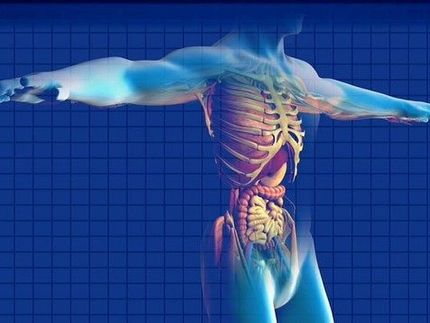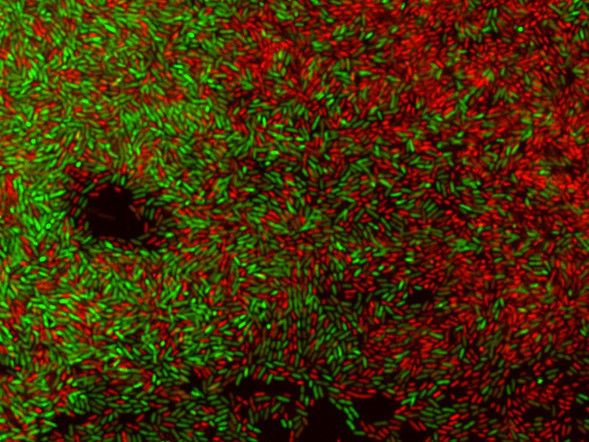Cirrhosis, antibodies increase risk of poor outcome for autoimmune hepatitis patients
New research reports that cirrhosis at first diagnosis and antibodies for the soluble liver antigen/liver pancreas antigen (SLA/LP) are major risk factors for poor short- and long-term outcome in patients with autoimmune hepatitis. Results also found that patients diagnosed in childhood were at higher risk of relapse, need of a liver transplant, and reduced life expectancy.
Autoimmune hepatitis is a chronic inflammatory disease in which the immune system attacks healthy liver cells causing damage to the organ. There are three types of autoimmune hepatitis based upon the presence of antibodies in the blood.
- Type 1 have antinuclear and smooth muscle antibodies
- Type 2 show liver-kidney-microsome antibodies
- Type 3 (is currently not regarded as a clinically distinct AIH subgroup) display SLA/LP antibodies
"While early diagnosis along with optimal medical therapy offers patients with autoimmune hepatitis a good prognosis, the disease can be very severe in some cases," explains lead author Dr. Arndt Vogel from Hannover Medical School in Hannover, Germany. "Our study examines the clinical and genetic features of remission, relapse and liver transplant-free survival in autoimmune hepatitis patients."
The research group included patients with autoimmune hepatitis who were treated at Hannover Medical School between 2000 and 2014. Analyses were performed on 264 patients with the disease and 399 patients without autoimmune hepatitis. Subjects with viral hepatitis, alcoholic and non-alcoholic liver disease, haemochromatosis, and Wilson's disease were excluded.
Findings indicate that the presence of SLA/LP antibodies was significantly associated with reduced overall and liver transplant-free survival. Patients diagnosed with autoimmune hepatitis in childhood had a greater relapse risk, higher risk of needing a liver transplant, and a reduced life expectancy. In 25% of subjects cirrhosis was apparent at first diagnosis was determined to be a predictor of poor survival and need for liver transplantation. The DRB1 04:01 phenotype, or trait, was linked to a higher rate of full remission and lower frequency of cirrhosis and liver transplants.
Dr. Vogel concludes, "Autoimmune hepatitis patients diagnosed in childhood, those that present with cirrhosis at the time of initial diagnosis or who have SLA/LP antibodies have poor clinical outcomes,; these patients are in need for close surveillance. On the other hand patients with DRB104:01 have a better clinical outcome in the short- and long-term suggesting that human leukocyte antigen (HLA) analysis and screening for SLA/LP antibodies should be integrated in the clinical routine for AIH diagnosis.
Original publication
Other news from the department science
Most read news
More news from our other portals
See the theme worlds for related content
Topic world Antibodies
Antibodies are specialized molecules of our immune system that can specifically recognize and neutralize pathogens or foreign substances. Antibody research in biotech and pharma has recognized this natural defense potential and is working intensively to make it therapeutically useful. From monoclonal antibodies used against cancer or autoimmune diseases to antibody-drug conjugates that specifically transport drugs to disease cells - the possibilities are enormous

Topic world Antibodies
Antibodies are specialized molecules of our immune system that can specifically recognize and neutralize pathogens or foreign substances. Antibody research in biotech and pharma has recognized this natural defense potential and is working intensively to make it therapeutically useful. From monoclonal antibodies used against cancer or autoimmune diseases to antibody-drug conjugates that specifically transport drugs to disease cells - the possibilities are enormous
























































